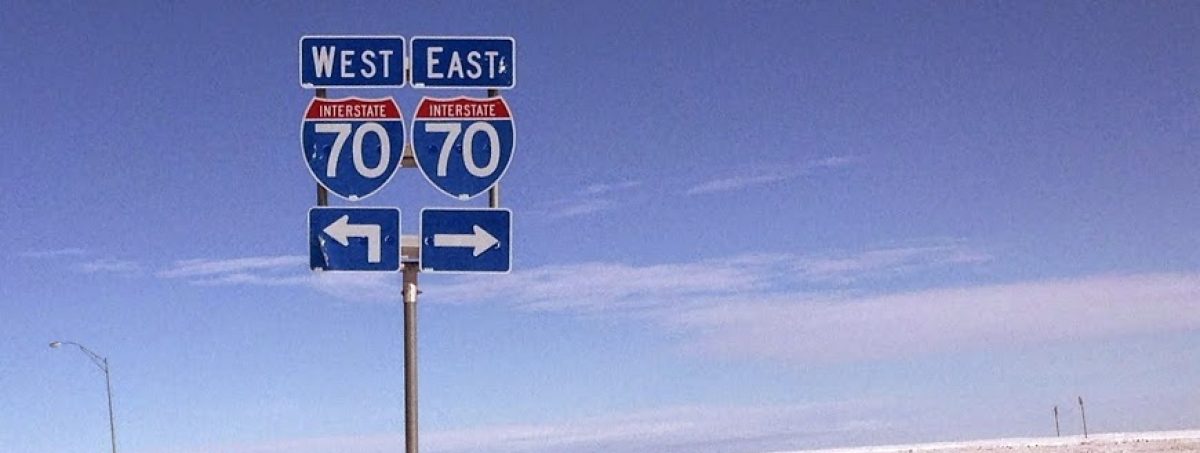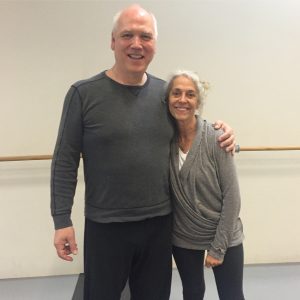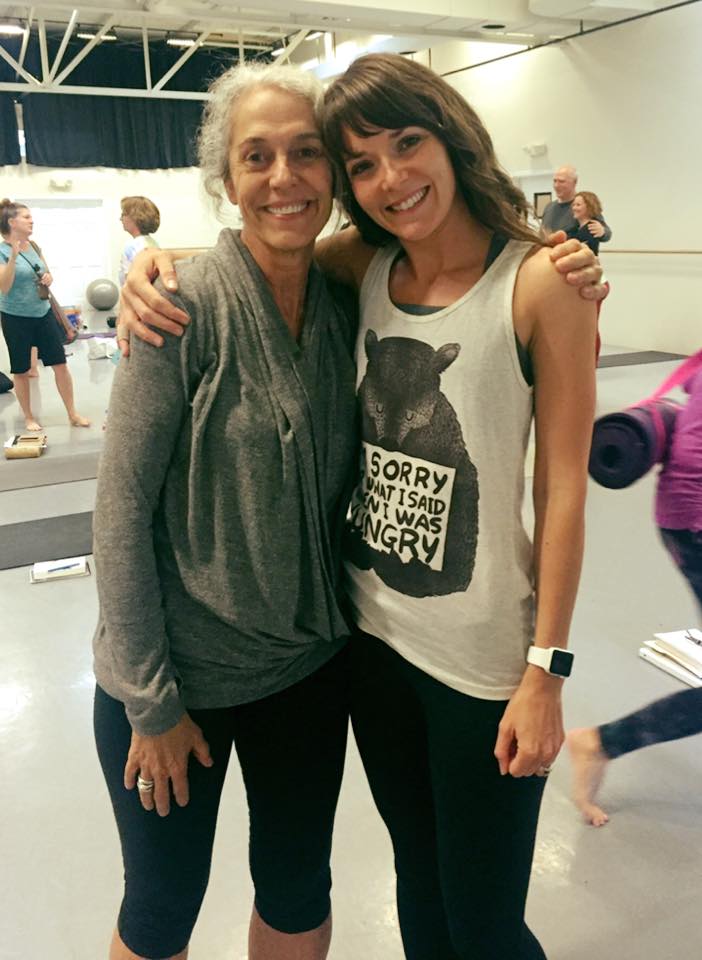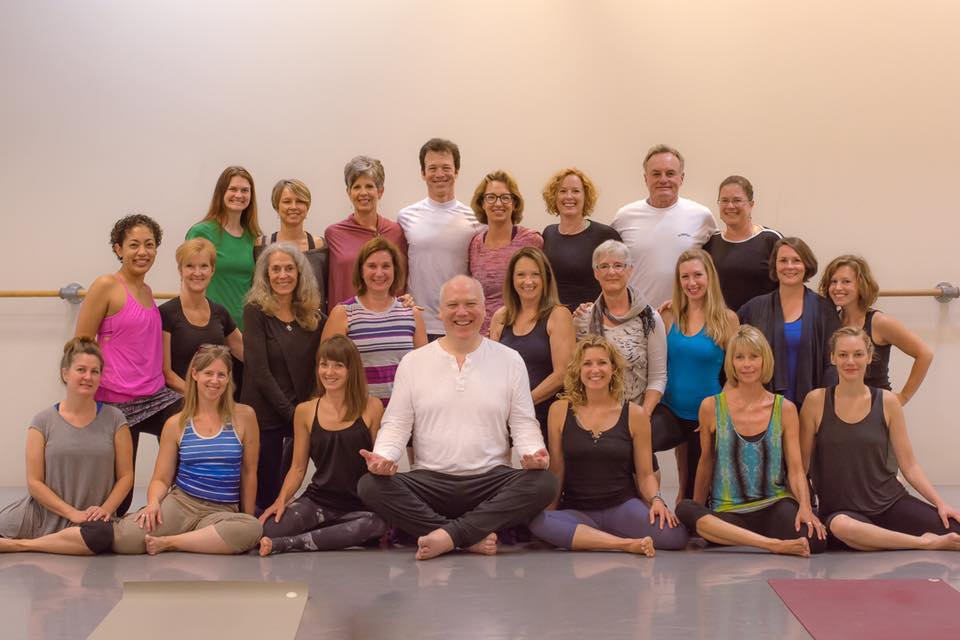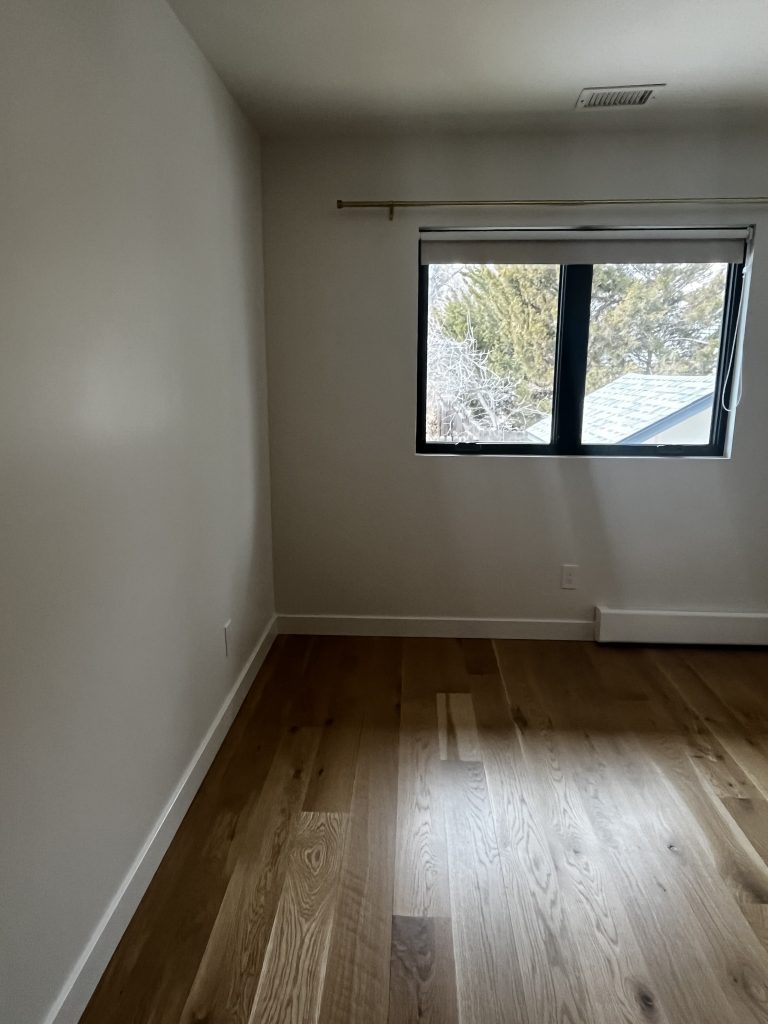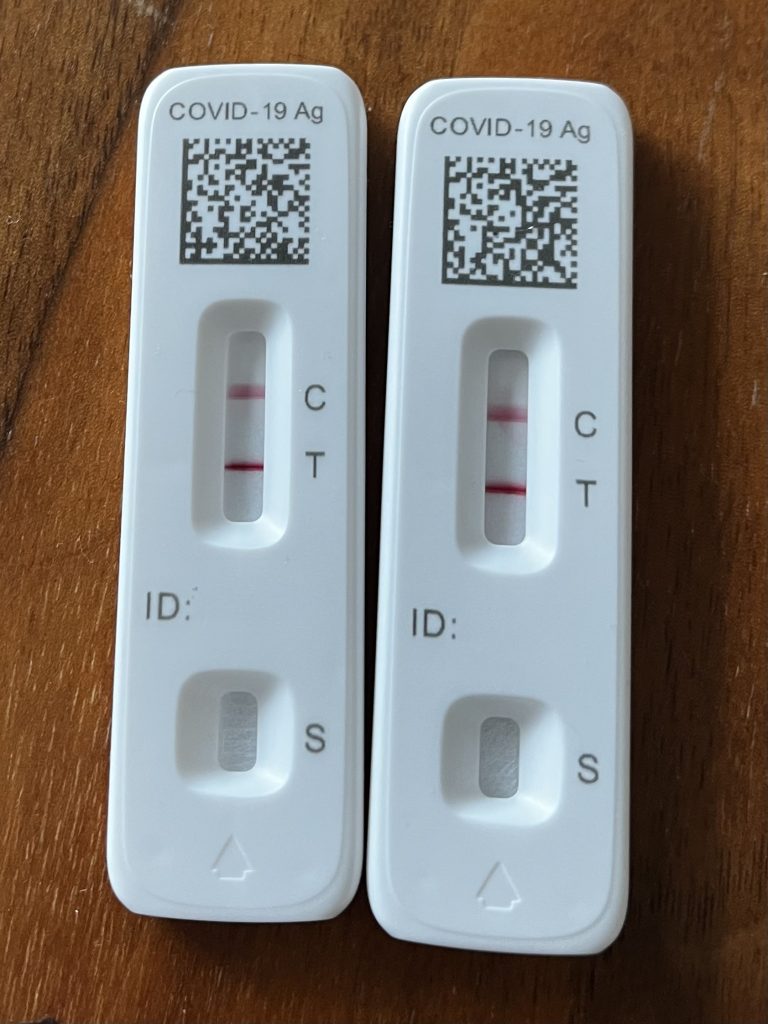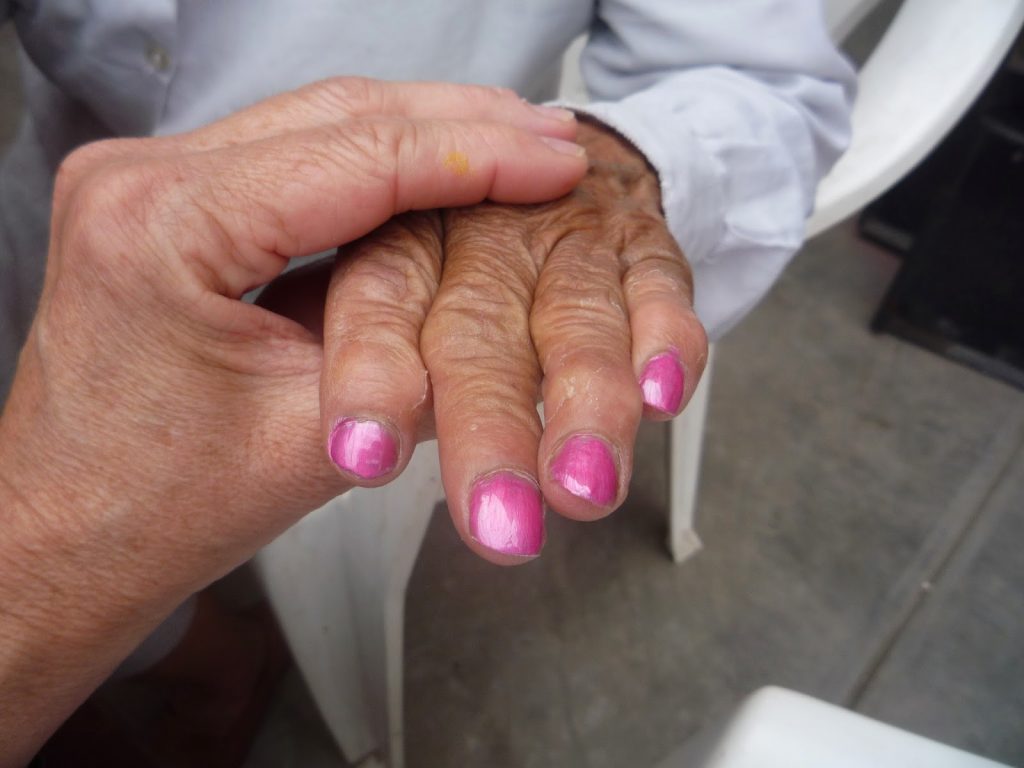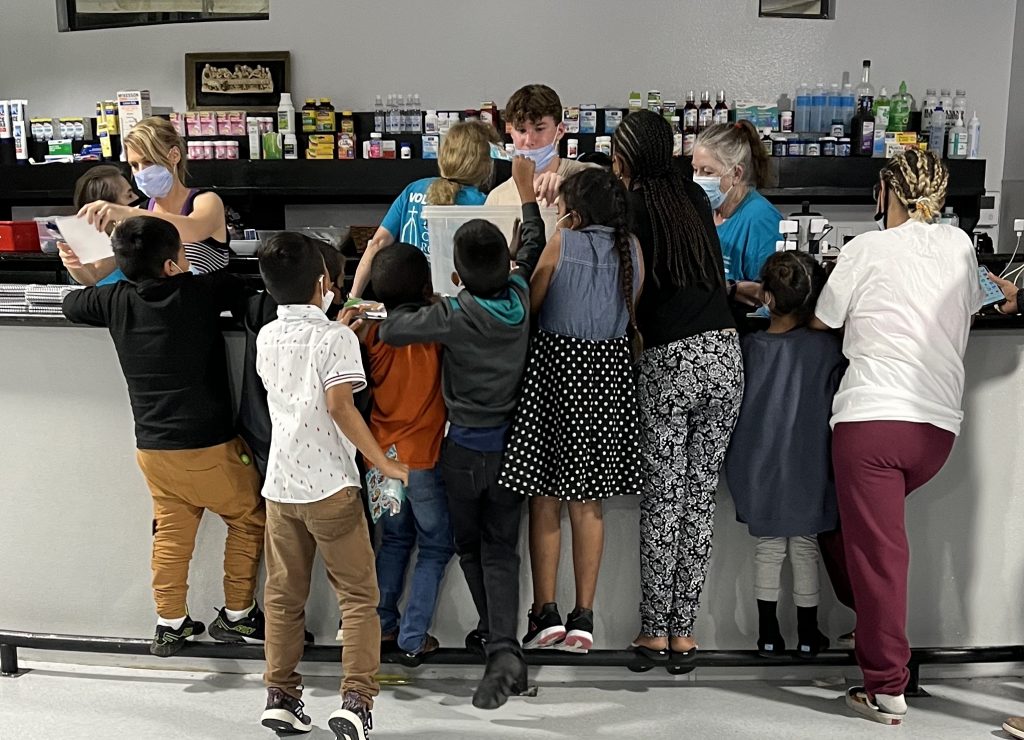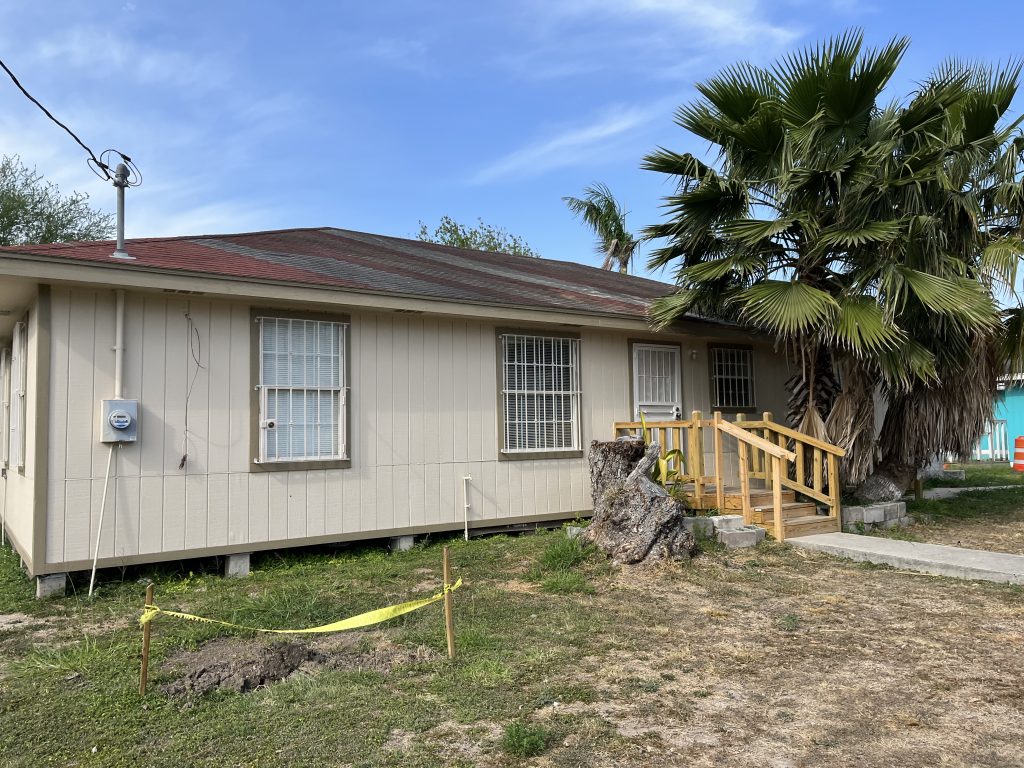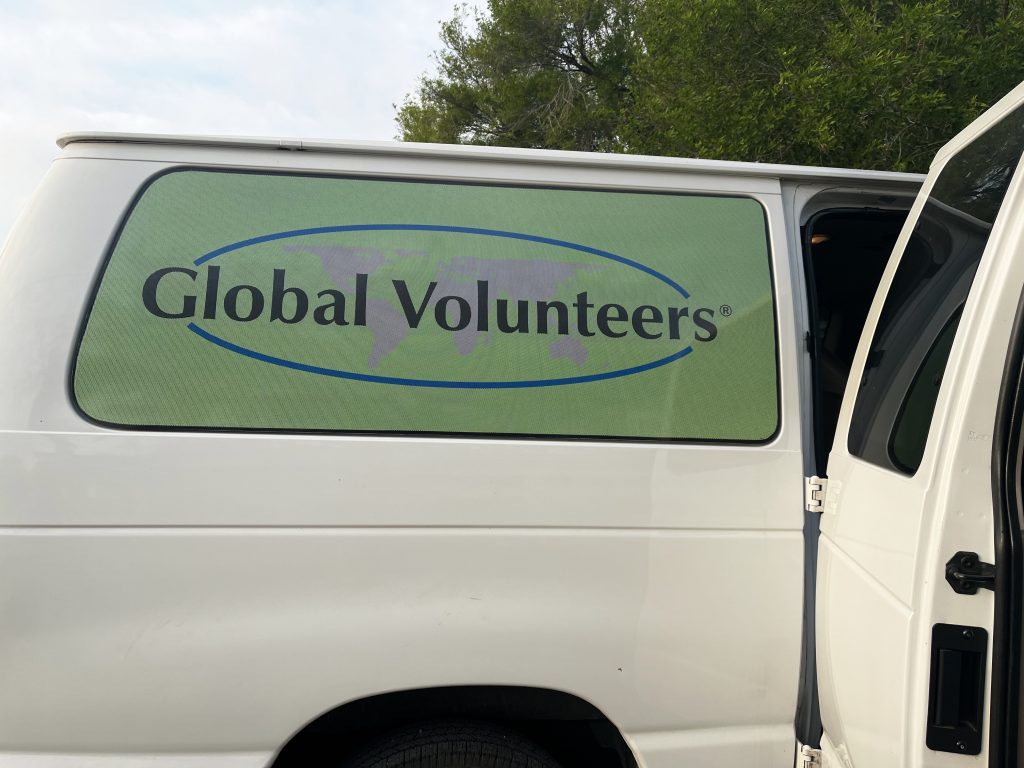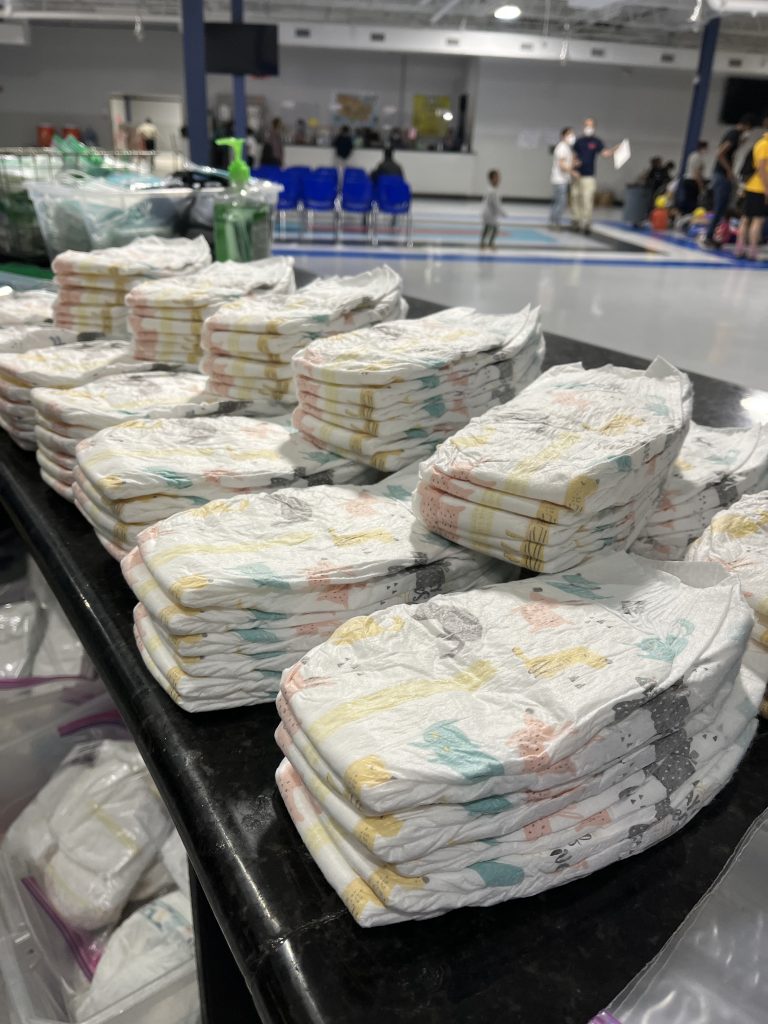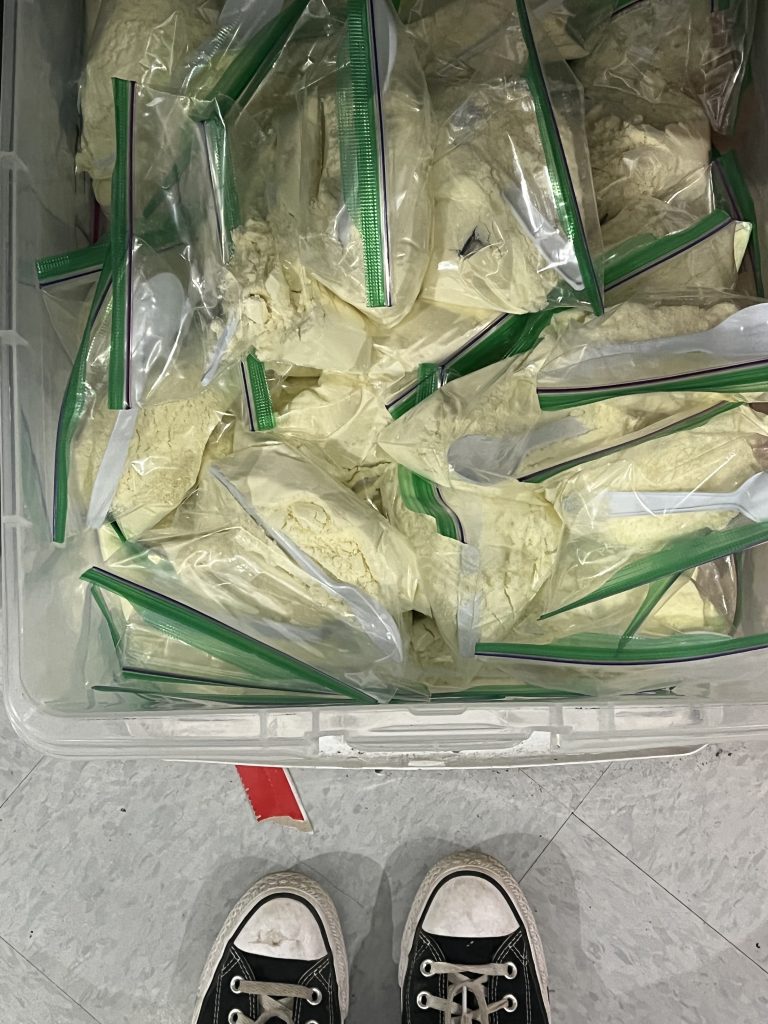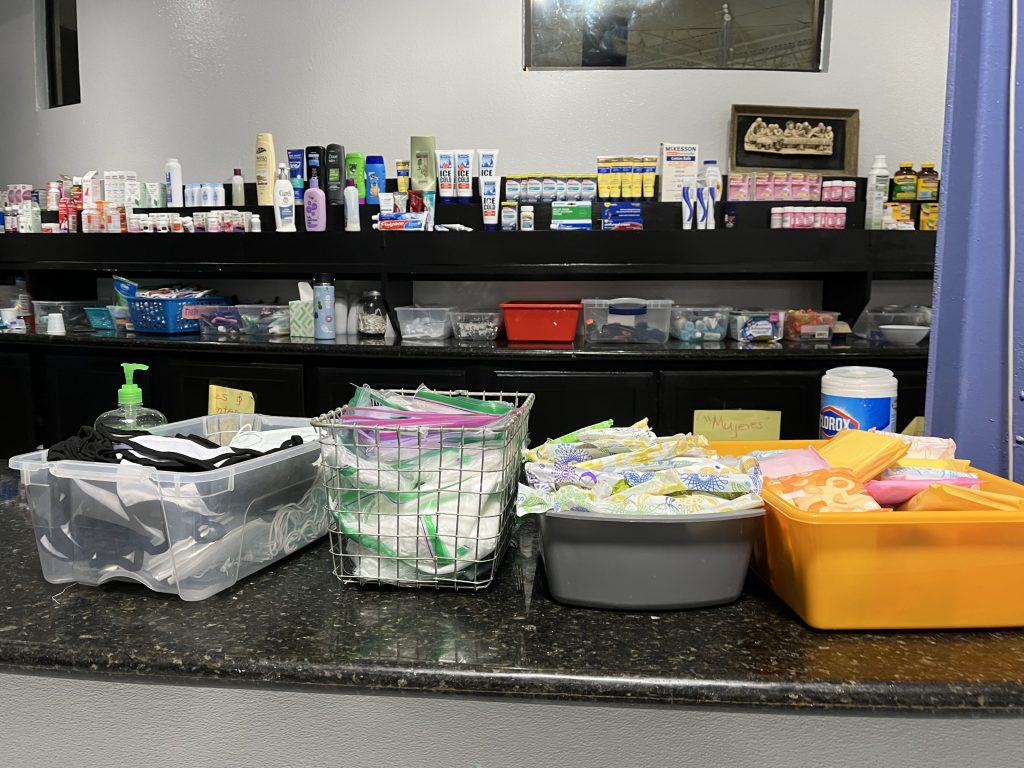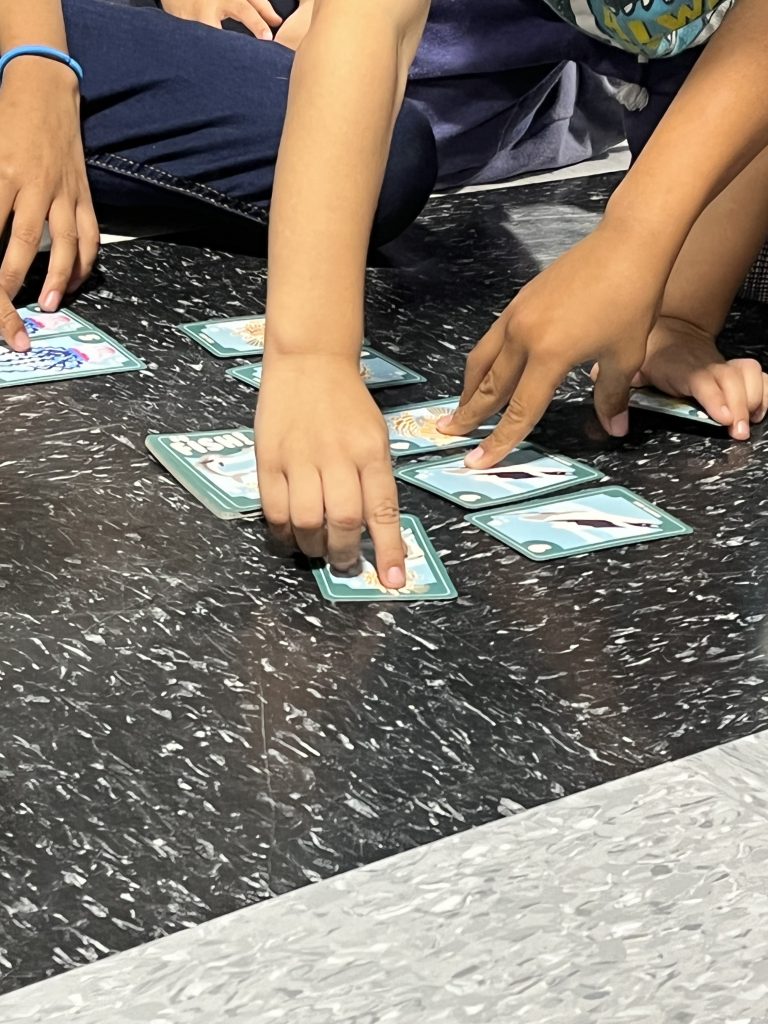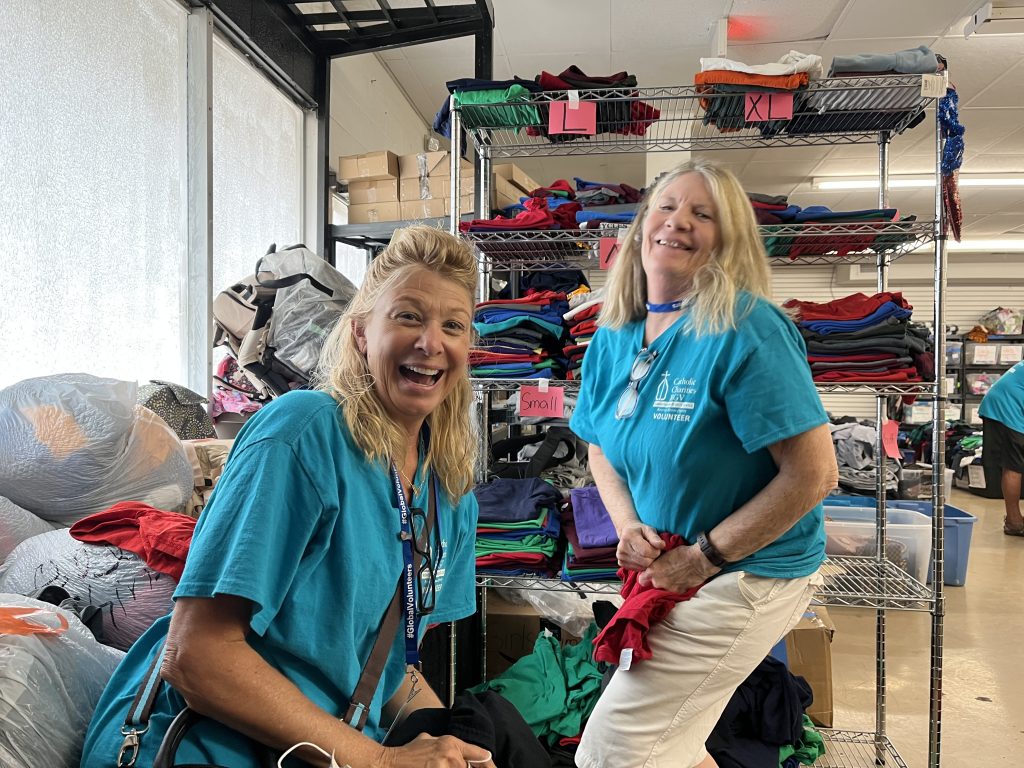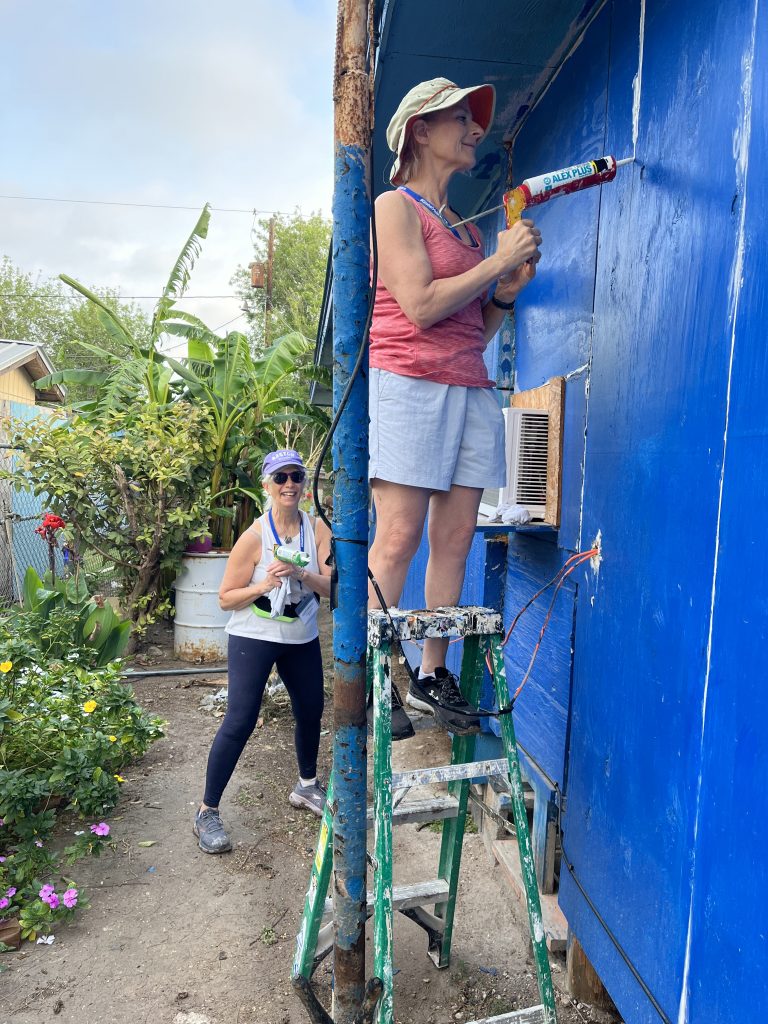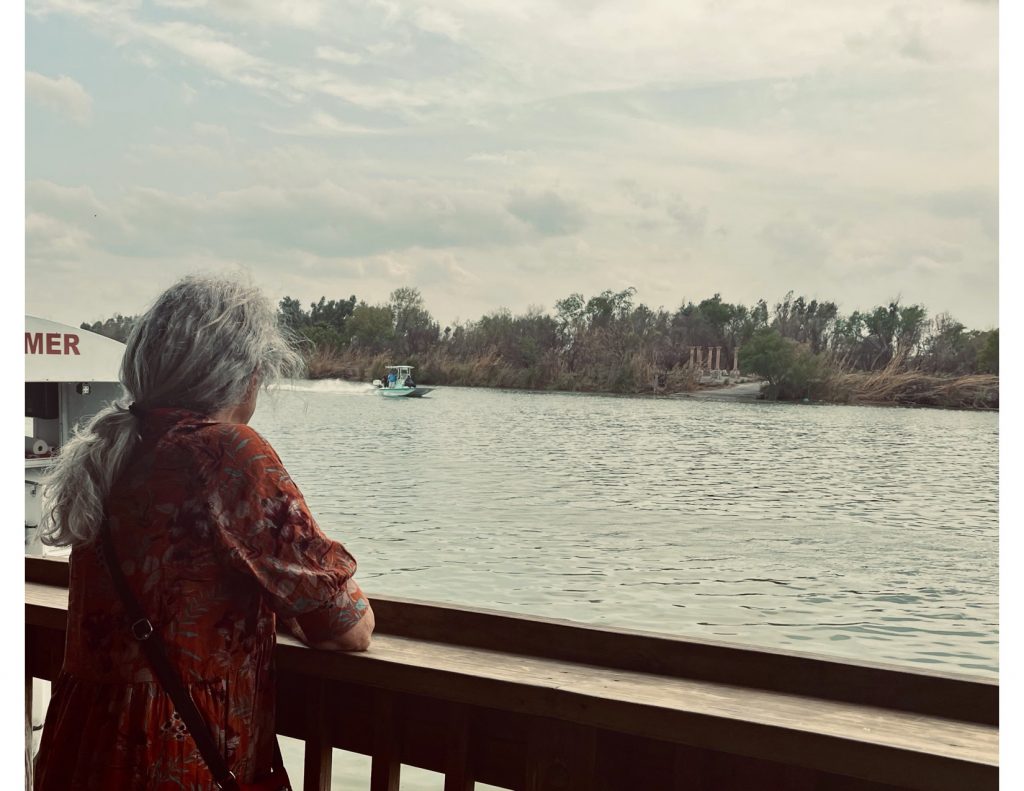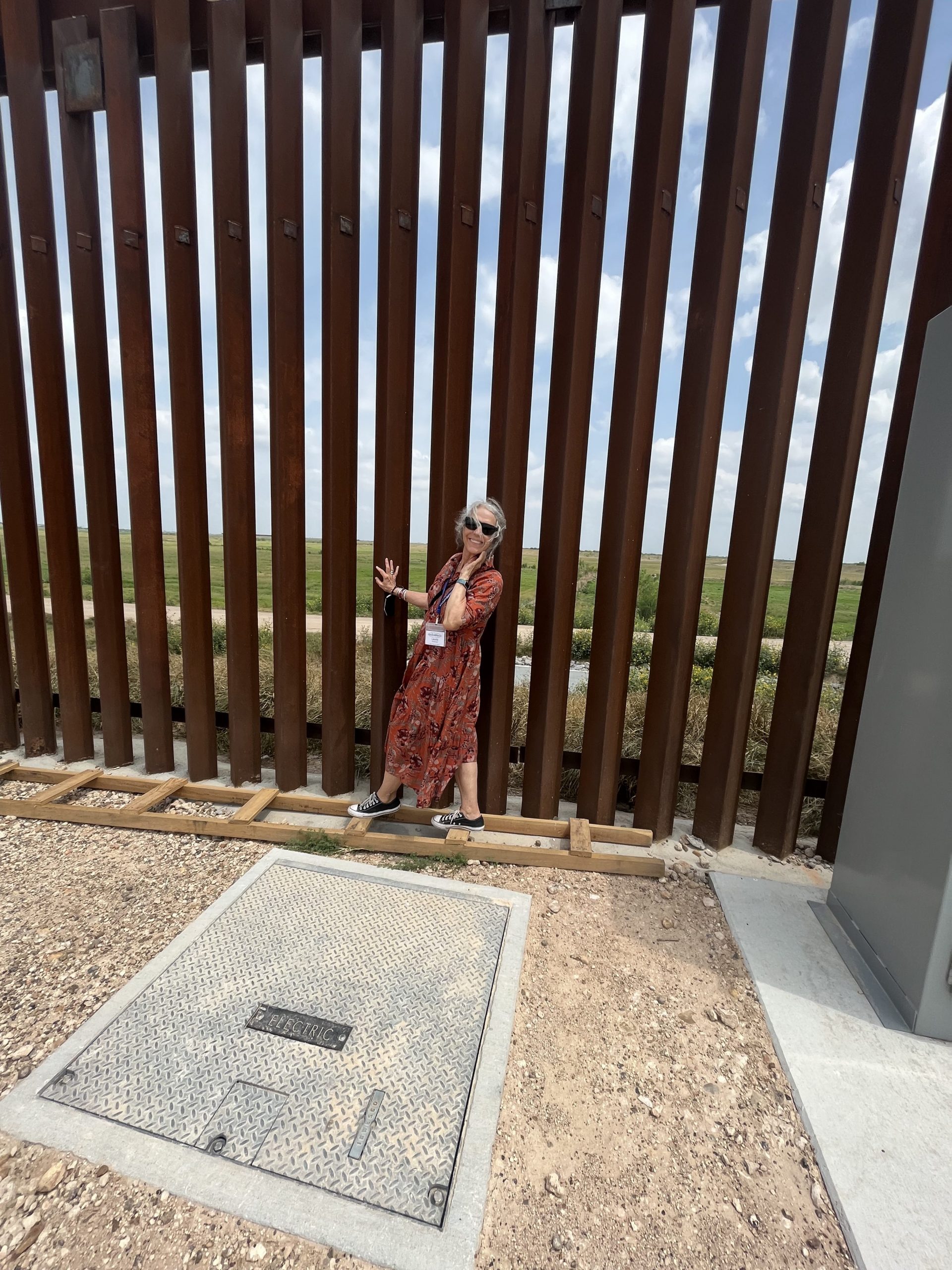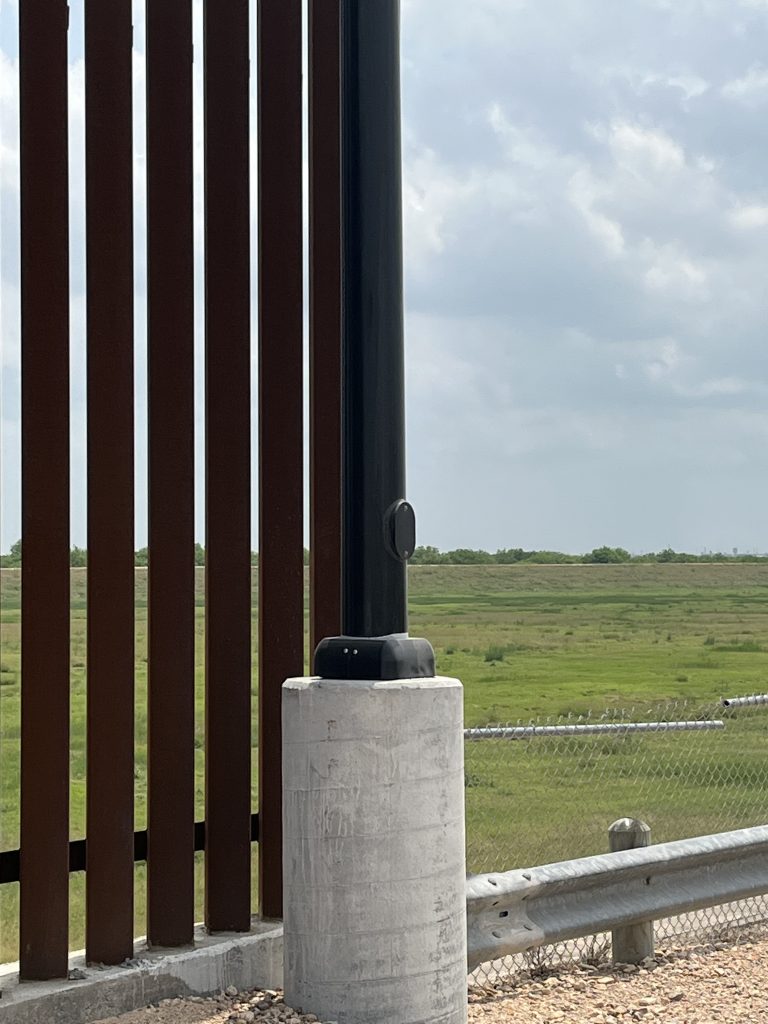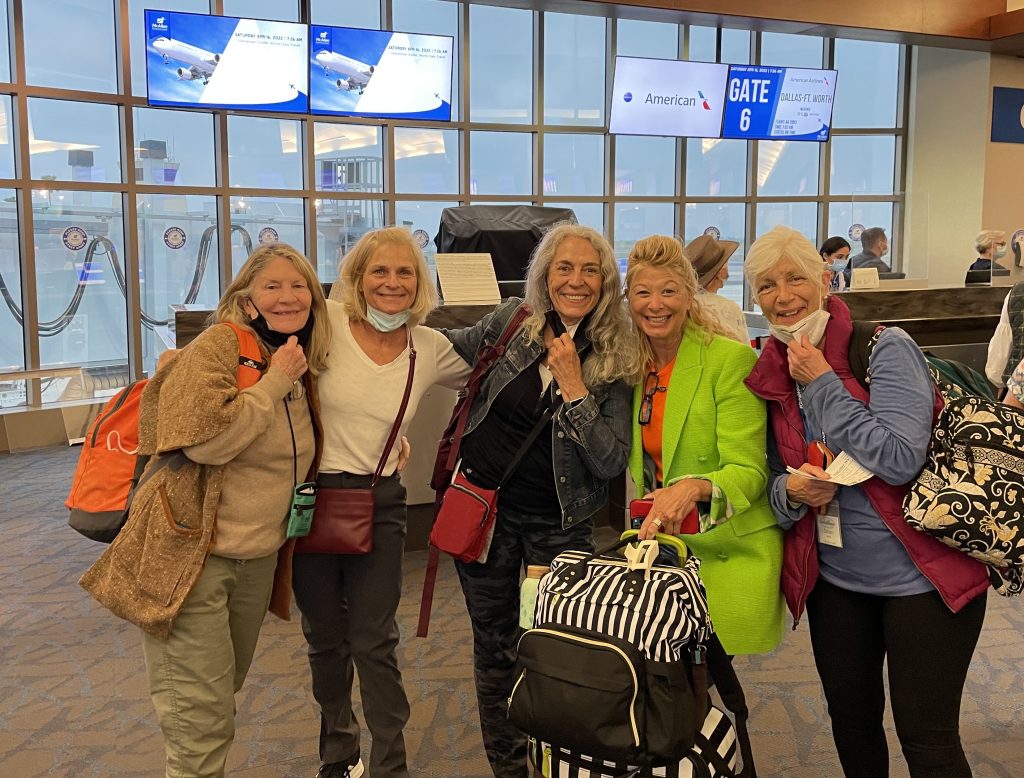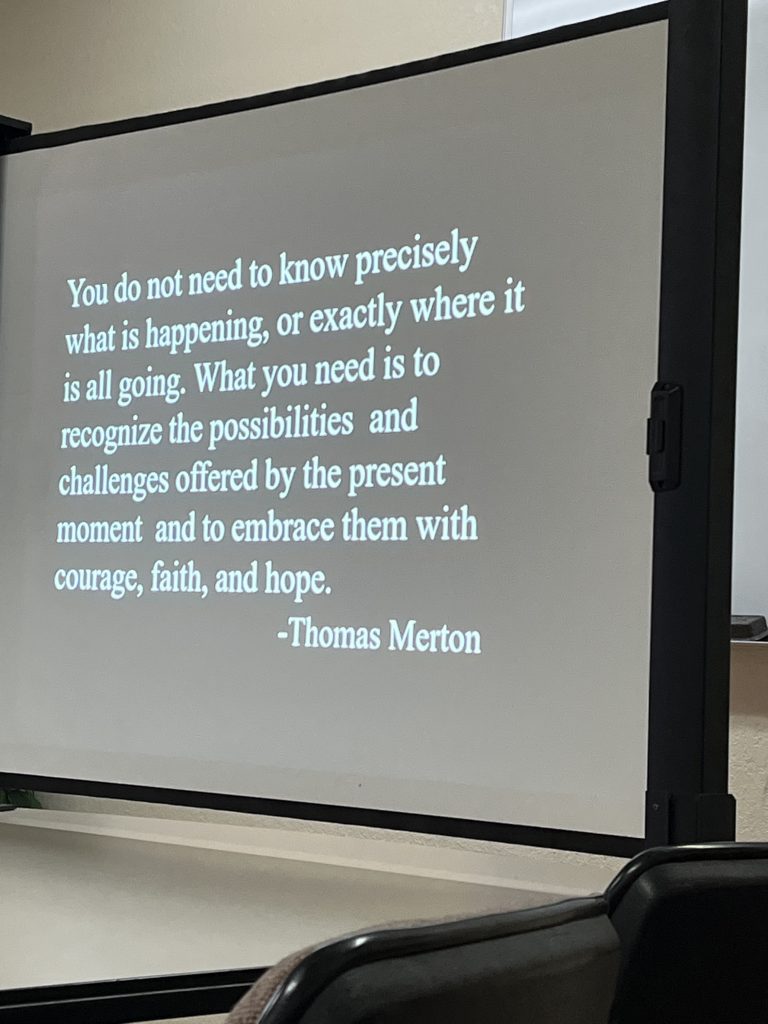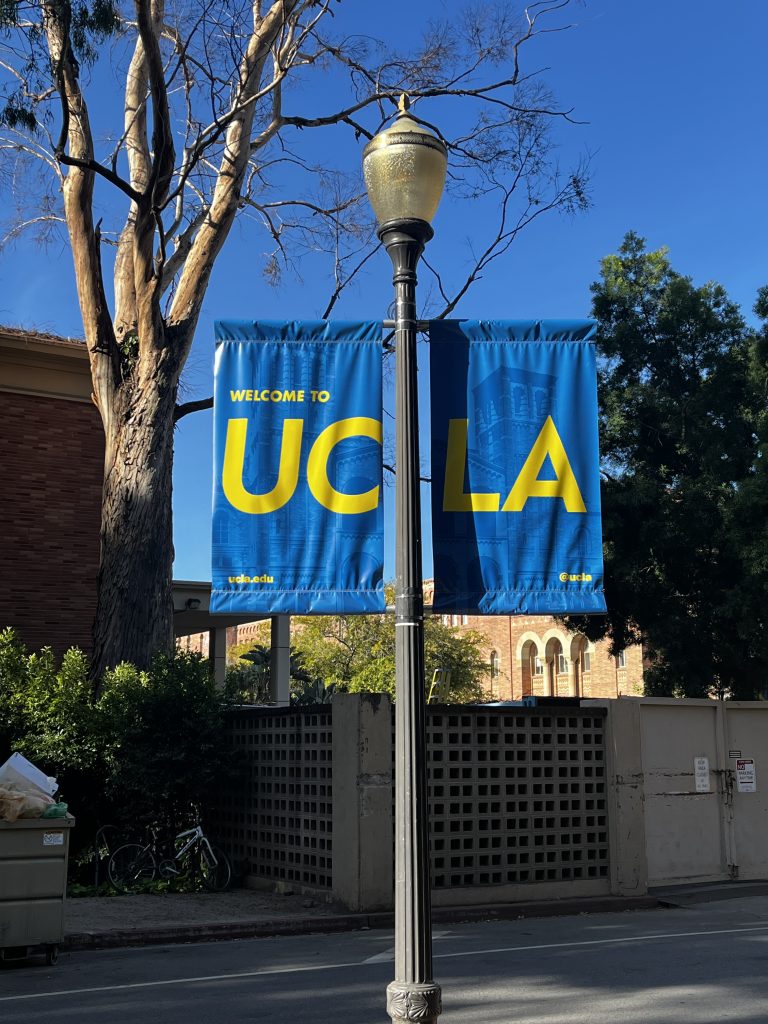
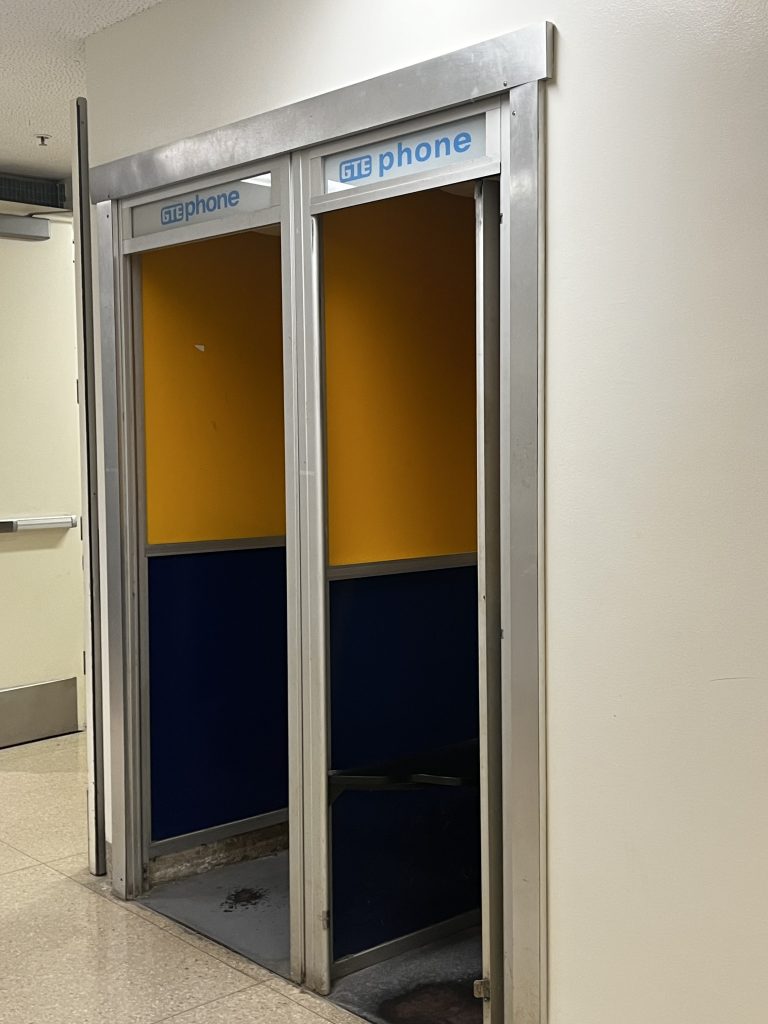
The first day of school for me was always a day that gave me a knot in my stomach, even though I was returning to most of the same kids I had been in school with the year before and the year before that and several I had played with over the summer. This morning, I had my first day at school, a weekend workshop, on the UCLA campus, and the knot returned. I had had the teacher for three other classes, but all of them from home, sitting in front of my computer on Zoom, pajamas on the bottom and looking more put together on the top. Today, I finally got to meet the woman who has become a writing mentor for me, face to face and in person. Just like six months ago when I participated in a writing workshop in Santa Monica, my son, Grant took me to class, or actually to the hotel where I spent the weekend. We enjoyed dinner before at Flavors From Afar located in the Little Ethiopia section of LA. It’s an interesting restaurant that changes its menu monthly to feature dishes from the homeland of a refugee or immigrant chef. This month’s menu was Guatemala, a place my kids and I all traveled to several years ago. The food was excellent and because of the delicious food as well as their commitment to help refugees, it will go on my “must eat there” for future LA visits. I have to admit though, I was more focused on my upcoming classroom time than tamales or tilapia. My nerves of insecurity were making themselves known.
Grant dropped me off at the hotel, conveniently located in the UCLA campus, and told me he’d wait to make sure I got in OK. He told me “good luck,” adding words of encouragement, a shift in roles as I used to be the one in the driver’s seat offering up words of encouragement. However, he forgot to tell me to make sure I had everything, which in my excitement, I didn’t. He texted me later and told me I had forgotten my jacket and my water bottle. Fortunately, it was a warm and sunny in LA. He suggested buying a UCLA water bottle to show school spirit, in jest, of course, but at this point, I’ve taken enough classes at UCLA — close to 100 hours of contact hours, to justify a water bottle and maybe even a sweatshirt. My son, who forgot homework most days, texting me to tell me I left my jacket and water behind was great fodder for writing if I needed a prompt over the weekend.
When you’ve only known each other from a small square in a page of squares of faces on Zoom that can’t help me think of Hollywood Squares, seeing each other in person took my teacher, Amy and I a minute before we embraced in a hug that felt long overdue. The classroom was nothing special — four walls with a chalk board on two of them, no windows and a horseshoe of desks that were on wheels, which at first I thought was strange, but by the end of the day, we had all scooted ourselves around while trying to find our best spot. I could see and hear what wasn’t possible on Zoom — the emotions in the eyes, the body language, the audible sighs on a well-crafted or heart wrenching sentence. I was in a classroom of 15 talented, authentic and very brave souls who at the end of day one, felt like I knew with a level of intimacy that doesn’t usually come with initial meetings. And we’ve only begun.
After class, I walked into Westwood Village, a few miles from my hotel room, and cobbled together some food to take back and enjoy on the small patio outside of my room. I bought a sandwich bigger than my head, a bag of chips and a single sized serving of rose. I don’t normally eat huge sandwiches, but I worked up an appetite by writing from 9 to 5 so made the indulgent splurge. On my walk home, a man stopped and asked me if I’d like a ride. Flattered by the offer while knowing I’d say no, I turned around to get a closer look of who was either hitting on me, being a creep or simply a nice guy. I said no, but thanks, to the man behind the wheel who not only looked suspiciously too old to drive, but a bit like my Dad. I have silver hair. I guess I shouldn’t be surprised.
Amy, our teacher, told us at the end of day one to take the evening off, relax and get a good night’s sleep because it would be far more exhausting mentally than we’d realize. Pouring your heart out onto the page, as soulfully fulfilling as it is for me, is also exhausting in a way that catches up to you later and always as such a surprise when I find myself tucking into my bed at 8:30 or 9:00. Regardless of what we were told, I’m sure most people in my class were doing the exact same thing I was doing…writing, rewriting and contemplating what we want to share. There is no rest for the weary. At least not for this weekend.
On the last day, our second day, we each had 10 minutes of sharing time with the class and because I’ve taken Amy’s memoir classes before, I knew what that 10 minutes would probably look like — 20 minutes or even 30 and our class wouldn’t end at 5:00, but closer to 5:30 and even that would be a stretch. We could use the time for anything we wanted, whether that was reading a piece or talking about book plans or writing plans or anything else we wanted to share. I chose an essay I wrote about a woman I knew for a matter of months during my year of living in Phoenix. I wrote it many years ago, decades actually, but have gone in and made edits and changes over the years. I’m hoping it will become a part of something else I’m working on but as per the methodology that Amy adheres to, I’m not going to share much about those plans.
Amy gave us prompts, where we have 5 to 10 minutes to write then could go back and tweak during free time, which was not much. On the first day, we chose a piece we had written in the prompts for the class to workshop. The class would ask questions in areas where they wanted more information written, such as “how old were you when this happened?” Or “Where were you?” Usually the questions were pretty basic. The hard part was we weren’t allowed to answer the questions because Amy didn’t want the writer to be influenced. Rather, the questions were written down and we could decide later if we wanted to address them in our piece. It was a strategy that had been used in all of the classes I’ve taken with Amy, so I was familiar with the drill.
We spent all afternoon on the last day with our “10 minutes of sharing,” which predictably was more like 30 minutes. I was so moved by the bravery of some of the stories I heard and stunned by the tragedies many in our class had suffered as children and young adults. Amy had told us on our first day that we’d connect with one or more of the students and would form life long bonds and we’d be surprised by how close we would become with only 16 hours of being with one another. She was right. It happened twice with her classes on Zoom and it happened even more so in person. We’ve already been emailing and there will be a few who I will try and connect with on future trips to LA. Most, by the way, were from the area but one girl was from Dallas, another from Seattle and one from San Francisco. The remainder lived in the LA area.
It’s such an opportunity for me, with regards to both my writing as a whole and my soul to be able to spend a few weekends a year with other like-minded adults who on a gorgeous day in LA would choose to be in a window-less classroom writing about memories, many of them painful. It will take a few days or even weeks for me to totally absorb the time I spent with this incredible and brave, group of writers. I couldn’t have been in better company.
On Sunday, early evening, Grant picked me up and asked me how my class had gone and although it had only been a few days since he dropped me off, it felt like it had been at least a week. Time spent in that drab classroom went fast but also at times painfully slow. I can’t articulate specifically what I learned to do or undo because those elements will come in drips and drabs while I write, but I know from past experience that there will be a time while I’m writing when something that Amy or one of the other classmates said will be exactly what I need to hear and I’ll add that word or sentence or chapter that I was too afraid to include before and I’ll see the face of the person who shared the wisdom, clear as day, as if they are standing over my desk with raised eyebrows saying, “what are you REALLY trying to say?” I’ll give their invisible self a nod and continue to type, or write in spiral notebooks that sit in stacks in a basket by my desk.
I know every one of us in that weekend workshop came away with something different from our time in that classroom, but there was one thing we could all agree with without exception. Writing is hard. No explanation, and no need to go deeper with those words — hard and as necessary as oxygen for each and everyone of us who sat in the windowless room in desks on wheels. I need to be reminded of that while I sit in front of the ever familiar blank page, while I try to find my words or the meaning or even the purpose behind those words.
Writing is hard and laborious and emotional and frustrating but it’s also one of the purest forms of creativity and making sense of my world that I’ve found, beginning with discoveries through awful poetry in my teens. While back at my desk, where I have a tiny clothesline attached to the wall with 3×5 cards pinned to it with saved words on them, there are two cards I’m drawn to today.
“Authenticity only comes when you take risks.”
“But nothing worth having comes without some kind of fight. Got to kick at the darkness ’til it bleeds daylight” (*Lover’s in a Dangerous Time,” by Bruce Cockburn).
Tomorrow, it will be a different card with different words, but for today, on the heels of inspiration and some deep soul searching, those are my words.
